Speakers

Shameran Abed
Shameran Abed is Senior Director of BRAC’s Microfinance and Ultra-Poor Graduation programs. BRAC’s microfinance program serves more than 8 million clients in seven countries in Asia and Africa, with total assets exceeding USD 3.5 billion. BRAC’s ground-breaking Ultra-Poor Graduation program has helped more than 2 million households pull themselves out of the direst forms of poverty and social deprivation, inspiring BRAC’s Ultra-Poor Graduation Initiative to scale the Graduation approach and help 21 million more people lift themselves from extreme poverty.
Abed chairs the board of bKash, BRAC Bank’s mobile financial services subsidiary and one of the world’s largest mobile money providers and serves on the boards of several institutions including BRAC Bank and the Global Alliance for Banking on Values (GABV). He is also a member of the Partnership for Responsible Financial Inclusion (PRFI). Abed is a lawyer by training, having been called to the Bar by the Honourable Society of Lincoln’s Inn in the UK.
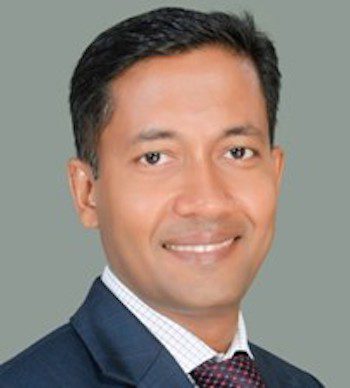
Faisal Ahmed
Mr. Ahmed is the Mission Chief for Bhutan and Senior Desk for India at theInternational Monetary Fund (IMF). During 2015-2019, Mr. Ahmed served as the Chief Economist and Senior Advisor to the Governor at Bangladesh (Central) Bank. Mr. Ahmed has worked on a broad range of advanced, emerging, and developing economies at the IMF and served as the IMF Resident Representative in Cambodia (2011-2015). Mr. Ahmed completed his graduate studies in Economics and Finance at the University of Minnesota and Princeton University.
Publication: Bangladesh Emerging
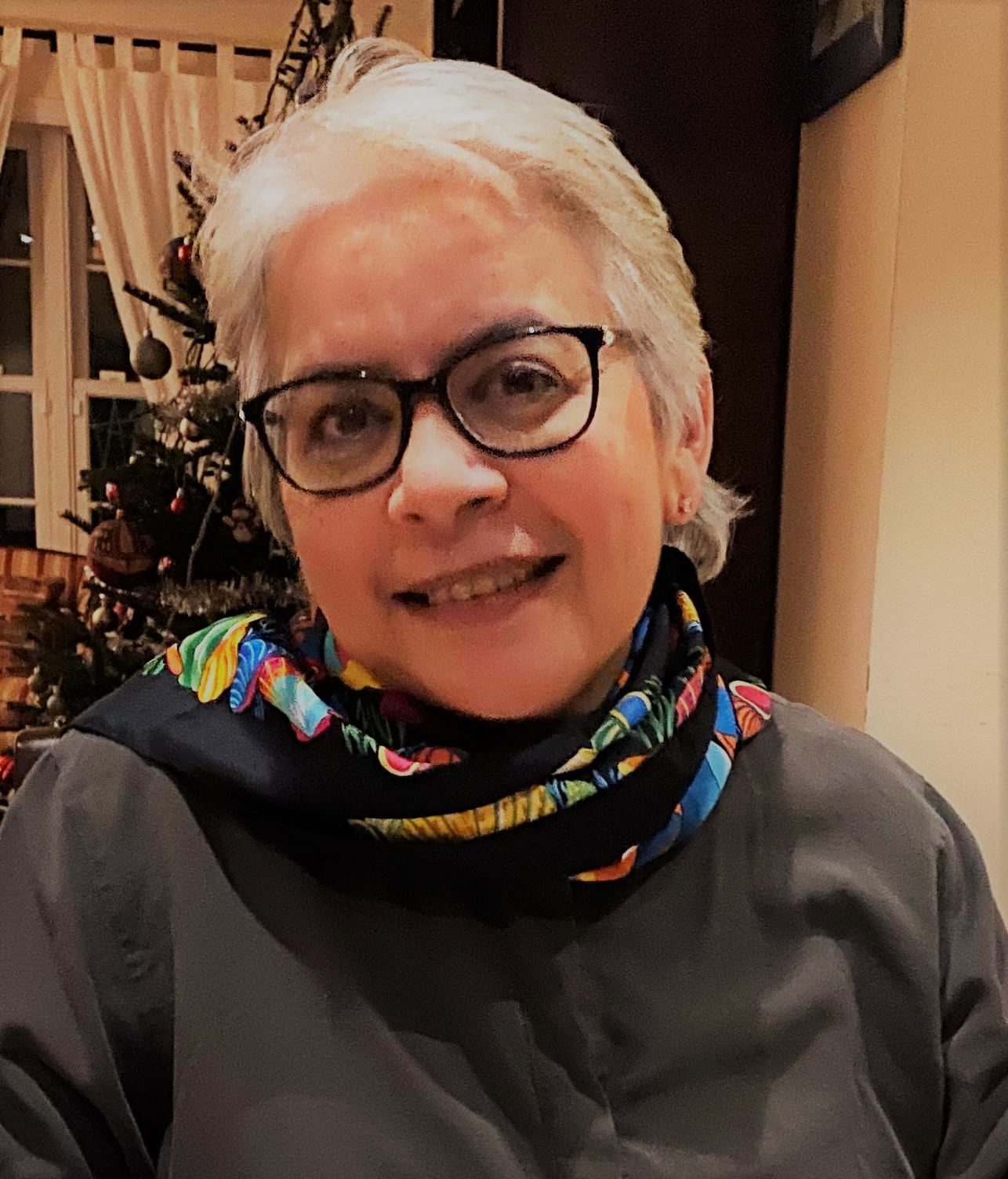
Sajeda Amin
Sajeda Amin Ph.D. (Sociology/Demography, Princeton) is a Senior Associate at the Population Council in New York. She conducts intervention research on empowerment programs for girls and women and writes about the role of education and work opportunities in girls’ and women’s lives. She has designed and implemented interventions to prevent violence and child marriage by empowering adolescent girls and has studied their outcomes in Bangladesh, India, Mali, Malawi, and Niger. She has conducted time-use studies and documented the impact of stipend programs on schooling outcomes.
Amin has served in advisory and consultant capacities to CARE, PLAN-International, UNICEF, UNFPA, and the World Bank. She has been a member of BRAC-USA’s advisory board and advised BRAC-Uganda’s adolescent girls’ program. She was a member of the International Union for the Scientific Study of Population (IUSSP) Council from 2014 to 2017.
Gary Bass
Gary Bass is a professor of politics and international affairs at Princeton University and the author of The Blood Telegram: Nixon, Kissinger, and a Forgotten Genocide (Knopf); Freedom’s Battle: The Origins of Humanitarian Intervention (Knopf); and Stay the Hand of Vengeance: The Politics of War Crimes Tribunals (Princeton University Press). The Blood Telegram was a Pulitzer Prize finalist and won the Council on Foreign Relations’ top book prize, the Asia Society’s book award, the Lionel Gelber Prize, the Cundill Prize, and other awards. Bass has written articles for International Security, Ethics, Philosophy & Public Affairs, The Yale Journal of International Law, and other journals. A former reporter for The Economist, he often writes for The New York Times. He has also written for The New Yorker, The Washington Post, The Atlantic, Foreign Affairs, and other publications.
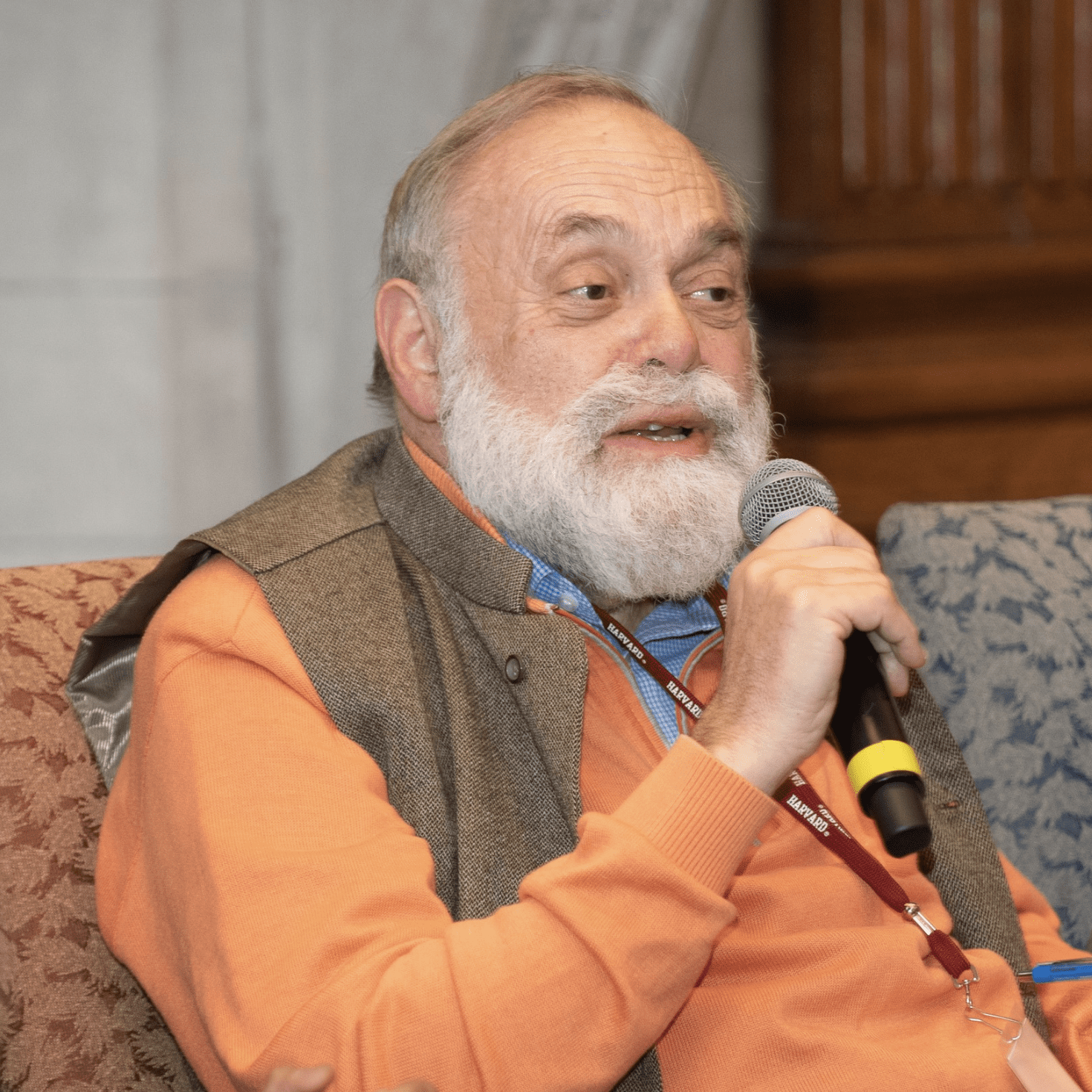
Richard Cash
Dr. Cash and his colleagues conducted the first clinical trials of Oral Rehydration Therapy (ORT) in adult and pediatric cholera patients and patients with other infectious causes of diarrhea at the Cholera Research Laboratory (now ICDDR,B) in Bangladesh. Other in-country studies included the first field trials and community-based trials of ORT and the use of amino acids (glycine) as an additional substrate. He was the Principal Investigator of the Applied Diarrheal Disease Research (ADDR) Project, a program that assisted developing country scientists to hone their research skills by conducting their own research projects. Over 150 studies, involving more than 350 investigators were funded in twelve countries in Africa, Asia, and Latin America, leading to over 275 publications. Research priorities included: behavioral studies of caretakers and providers; foods and fluids; prevention of diarrhea; persistent diarrhea; and acute respiratory infection and nutrition. Dr. Cash also directed a program in research ethics that focused on training for fellows from Asia, and research ethics workshops at HSPH and in 12 countries. He is the senior editor of “Casebook on Ethical Issues in International Health Research”, a WHO publication.
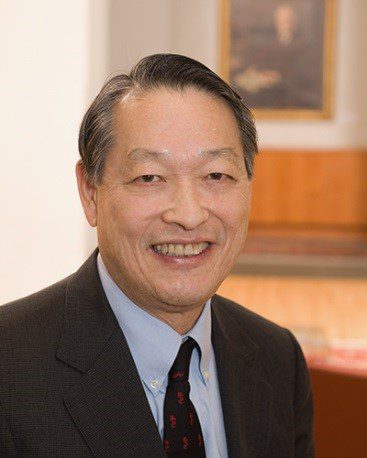
Lincoln Chen
Dr. Lincoln Chen is President of the China Medical Board (CMB). Established in 1914, the CMB was endowed by John D. Rockefeller as an independent American foundation dedicated to advancing health in China and neighboring Asian countries. CMB’s strategic philanthropy seeks to spark innovation and strengthen partnerships in building university capacity in health policy sciences, health professional education, and global health in an interdependent world.
Dr. Chen was the Taro Takemi Professor of International Health at the Harvard-Chan School of Public Health (HSPH), Director of the University-wide Harvard Center for Population and Development Studies, and the founding Director of the Harvard Global Equity Initiative. Dr. Chen served as Executive Vice-President of the Rockefeller Foundation and Representative of the Ford Foundation in India and Bangladesh.
Dr. Chen is chair and member of many NGO and foundation boards. He is a member of the National Academy of Medicine, the American Academy of Arts and Sciences, and the Council of Foreign Relations. He graduated from Princeton, Harvard, and Johns Hopkins and served as an assistant resident in internal medicine at the Massachusetts General Hospital.
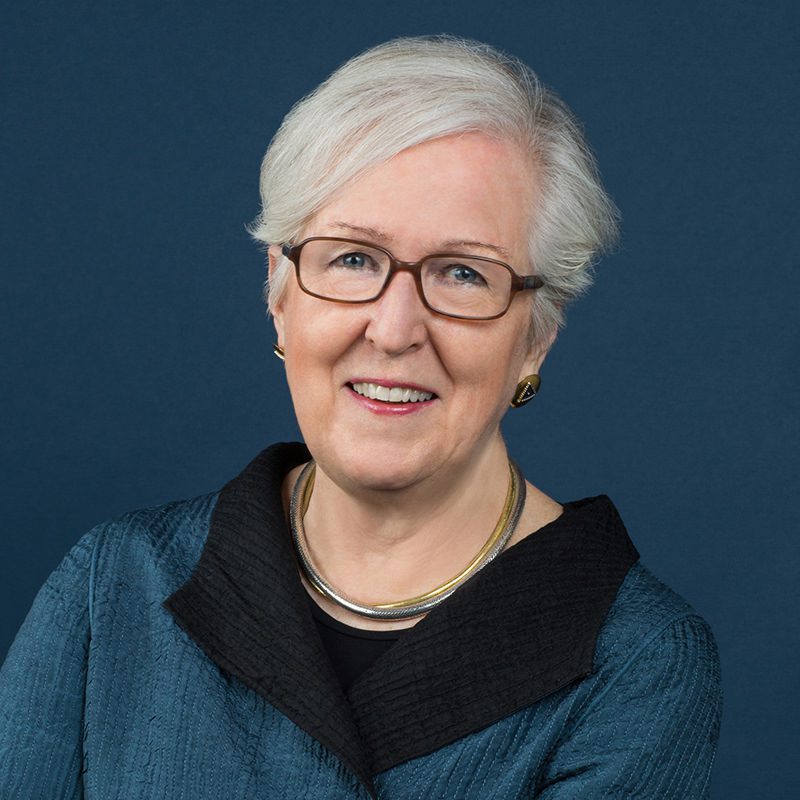
Marty Chen
Martha (Marty) Chen is a Lecturer in Public Policy at the Harvard Kennedy School and Co-Founder, Emeritus International Coordinator, and Senior Advisor of the global network Women in Informal Employment: Globalizing and Organizing (www.wiego.org). An experienced development practitioner and scholar, her areas of specialization are employment, gender, and poverty, focusing on the working poor in the informal economy. Before joining Harvard in 1987, she had two decades of resident work experience in Bangladesh and India. Dr. Chen co-founded and, for twenty years, led the WIEGO network which is well known worldwide for its work to improve the status of the working poor in the informal economy through stronger organizations, improved statistics, and research, and a more favorable policy environment. Dr. Chen received a Ph.D. in South Asia Regional Studies from the University of Pennsylvania. She was awarded a high civilian award, the Padma Shri, by the Government of India in April 2011; and a Friends of Bangladesh Liberation War award by the Government of Bangladesh in December 2012.
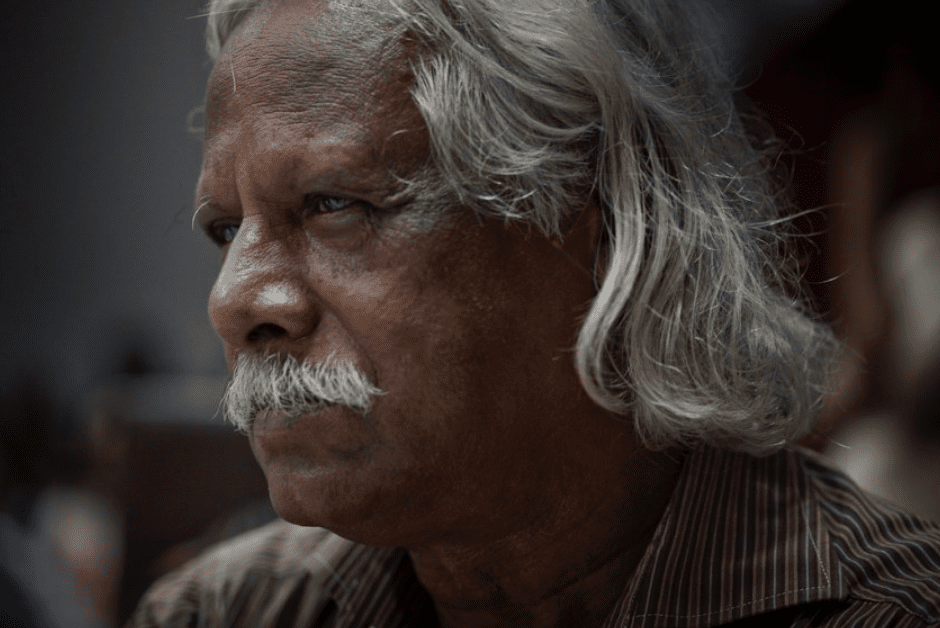
Zafrullah Chowdhury
Zafrullah Chowdhury is the Trustee of Gonoshasthaya Kendra (GK) where he served as Projects Coordinator from 1972 till May 2009. He continued to work as Community Surgeon and General Practitioner for GK’s outreach programmes in river and coastal islands of Bangladesh until 2016. Since then, he has established the largest Kidney Dialysis Centre in Bangladesh which provides specialist consultations and haemodialysis to an average of 300 patients each day.
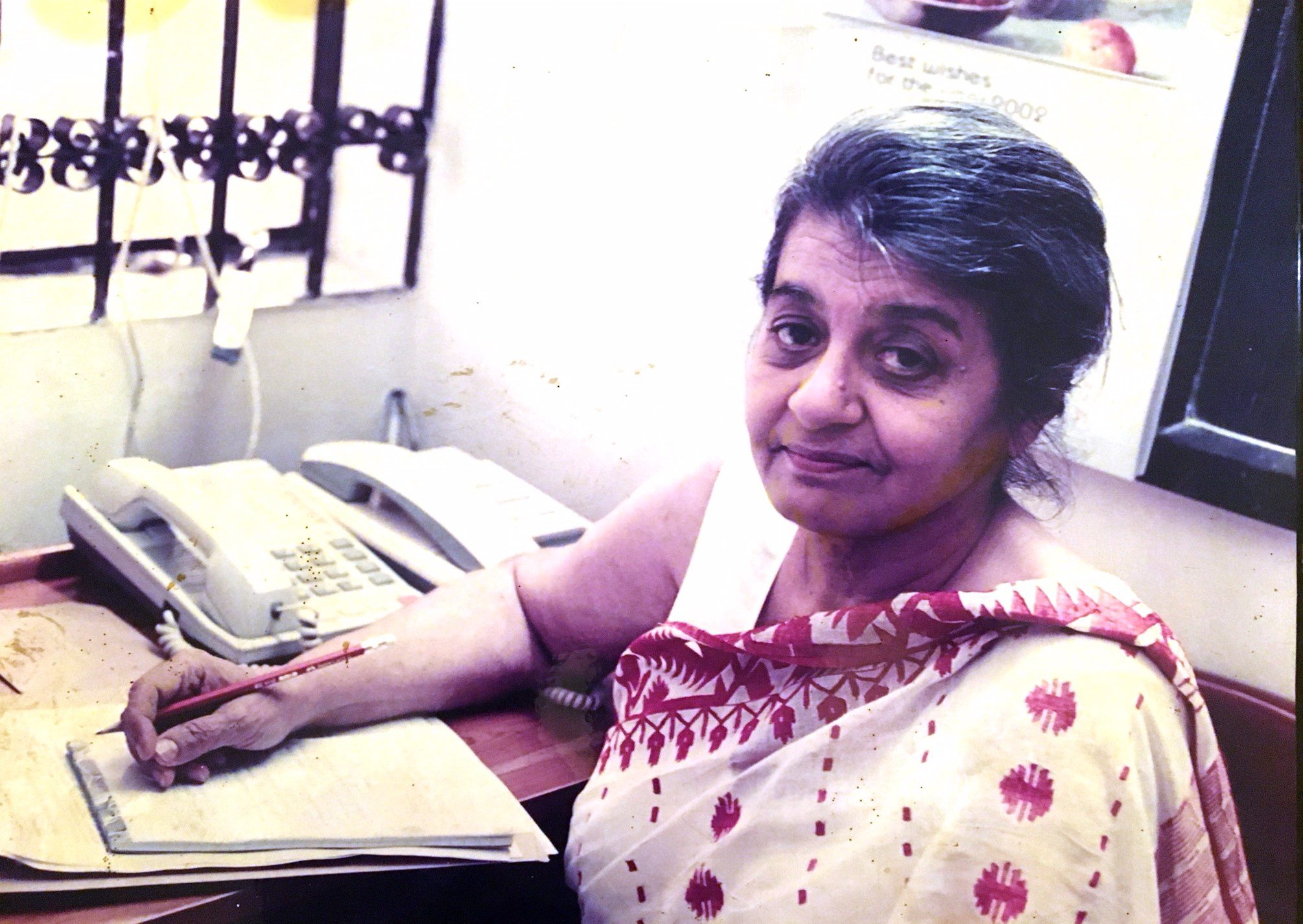
Hameeda Hossain
Hameeda Hossain started her career in publishing as an editor with the Oxford University Press. She was editor of Forum, a political weekly banned by the Pakistan army in 1971. She obtained aPh.D.D in modern history from Oxford University for her thesis, Company Weavers of Bengal Textile Production for the East India Company 1750-1813. As a freelance writer, her articles in defense of human rights, women’s rights, workers’ rights in Bangladesh have been published in different journals in Bangladesh. She has engaged actively with women’s rights and human rights movements in South Asia.
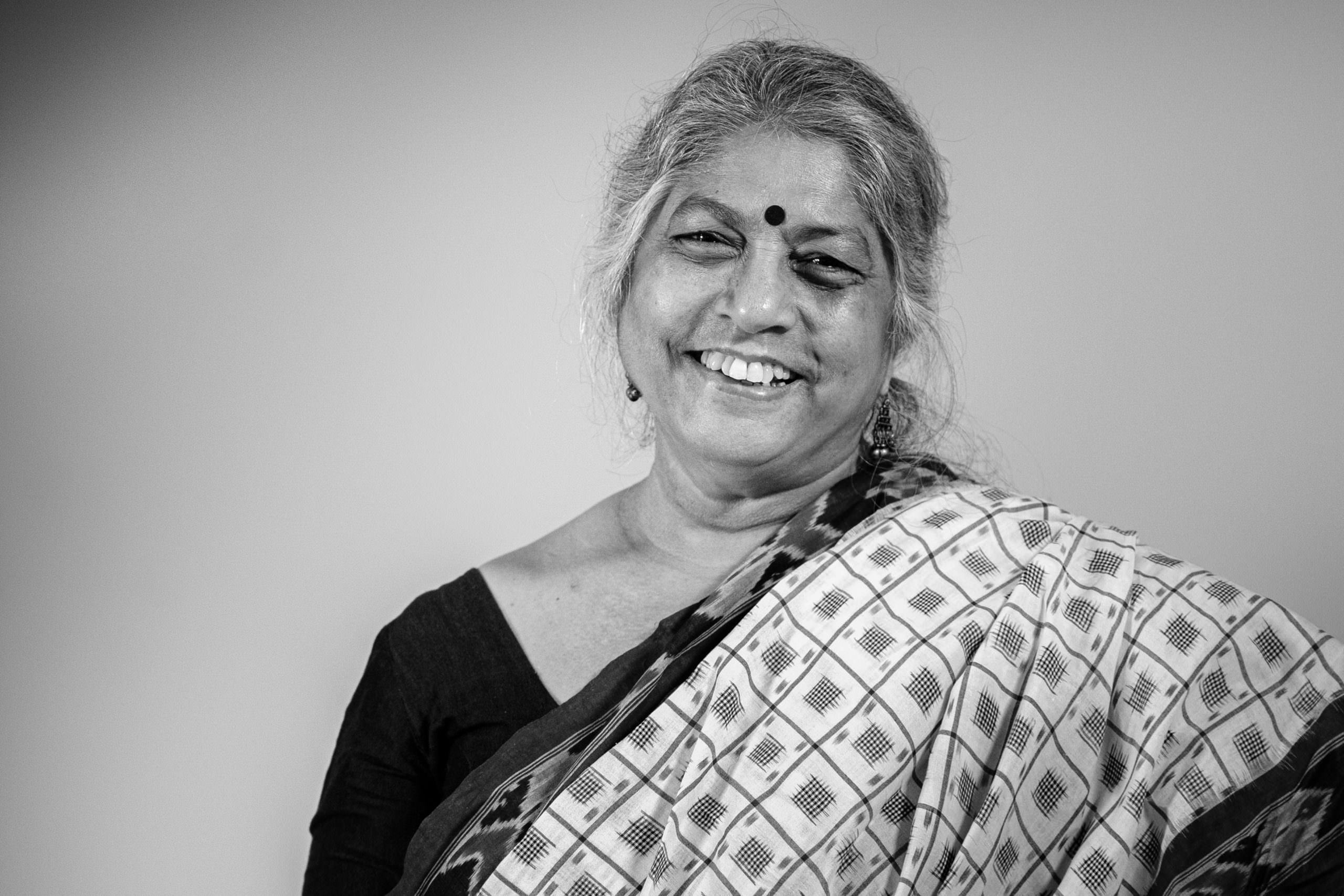
Shireen Pervin Huq
Shireen Pervin Huq is a women’s rights activist working on gender, human rights and development. She is a founder member of Naripokkho, where she has worked as a volunteer since its founding in 1983. Currently, Shireen is an elected member of Naripokkho’s Executive Committee and the Honorary Coordinator of Naripokkho’s programmes on ‘Women’s Sexual and Reproductive Health & Rights’ and “Standing with Rohingya Women”.
Shireen is a founding member of Moulik Odhikar Shurokkha Committee (Committee for the Protection of Fundamental Rights), which is a platform of human rights defenders in Bangladesh and she co-convenes the Bangladesh Civil Society Platform on Justice for the Rohingyas. Most recently she has been involved with the founding of Feminists Across Generations, an inter-generational alliance to combat gender-based violence.
Shireen sits on the Advisory Boards of several national and international organisations dedicated to gender equality, education and the realisation of rights.From 1987-2006 she was employed as an Advisor to the Danish International Development Assistance Programme (DANIDA) in Bangladesh on women’s development, poverty reduction and human rights.
Publications: To tackle sexual violence in Bangladesh, the culture of victim blaming must end; Bodies as Sites of Struggle: Naripokkho and the Movement for Women’s Rights in Bangladesh; My Body, My Life, Whose Rights? Bangladesh Women’s Struggle for a Fair Deal
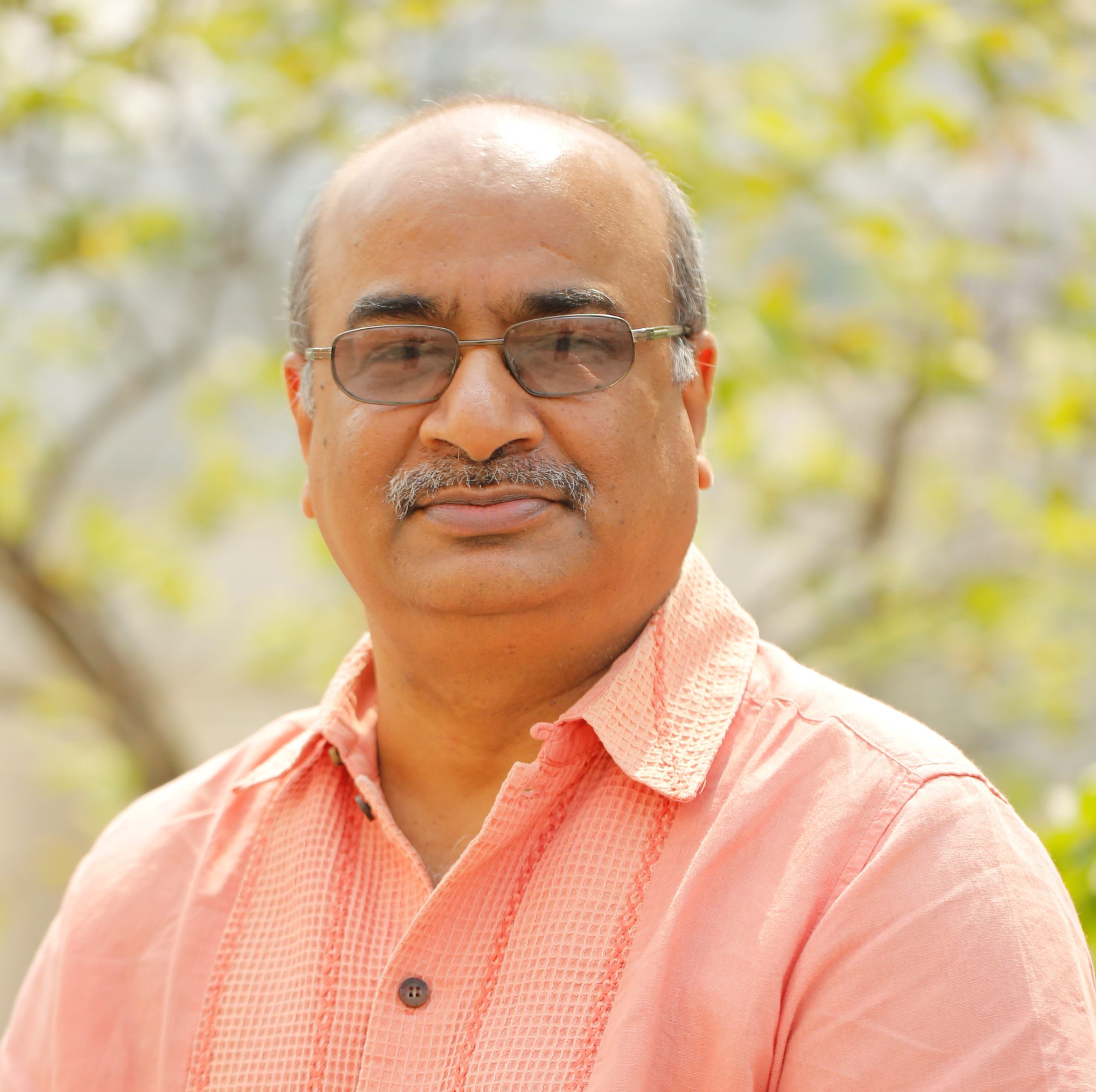
Khairul Islam
Khairul Islam is one of the leading public health and development professionals of Bangladesh. He started his career in the health service in Bangladesh, served in Directorate of Health, Planning Commission; and several national and international NGOs in Bangladesh and Africa in leadership and managerial positions. Notable amongst them are The Asia Foundation, Grameen, Plan International, and ORBIS. Before assuming the role of the Regional Director of South Asia in WaterAid about a year ago, he had served as the Country Representative of WaterAid in Bangladesh for eleven years. Currently, his organizational efforts are centered on establishing water, sanitation and hygiene as basic human rights at national and global level. Dr Islam has contributed in the formulation of the national health policy and national population policy of Bangladesh as a member of the drafting committee. He sits in different national and regional committees formed by the Government of Bangladesh and different regional bodies, and serves in the board of various social and civil society organizations. He has authored and co-authored several papers on public health in peer-reviewed journals and published monographs. He is one of the organizers of an upcoming publication on the health sector marking the 50 years of Bangladesh’s independence.
Publication: Pluralism in the Health Sector
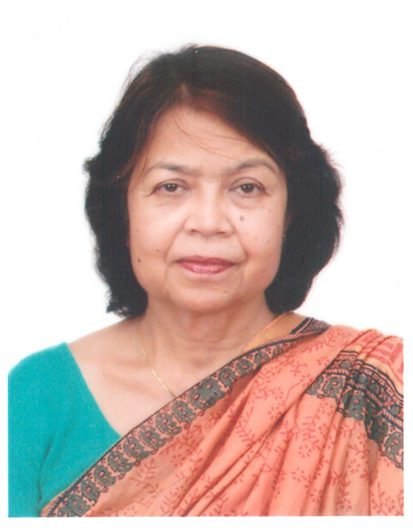
Rounaq Jahan
Professor Rounaq Jahan currently serves as a Distinguished Fellow at the Centre for Policy Dialogue (CPD) in Bangladesh and has previously served as a Professor of Political Science at Dhaka University and a Senior Research Scholar and Adjunct Professor at Columbia University. She headed the women’s programs at the International Labour Organization (ILO), Geneva, and UNAPDC, Kuala Lumpur.
Her publications include Pakistan: Failure in National Integration (Columbia University Press); Bangladesh Politics: Problems and Issues (University Press); The Elusive Agenda: Mainstreaming Women in Development (Zed Books); Bangladesh: Promise and Performance (Zed Book); Political Parties in Bangladesh: Challenges of Democratization (Prothoma). She received her Ph.D. in Political Science from Harvard University.
Publications: Bangabandhu and the emergence of Bangladesh; Challenges to Democracy: Old and New; The State of Democracy in Bangladesh; Bangabandhu’s Vision of Secularism for Bangladesh
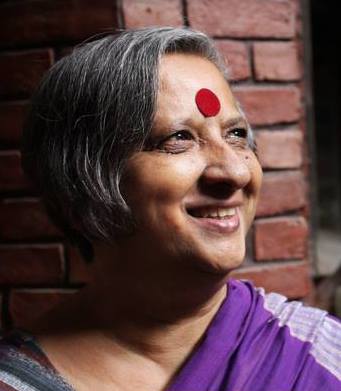
Khushi Kabir
Khushi Kabir began her involvement with citizen’s rights immediately after the liberation of Bangladesh in 1972. In 1980, she joined Nijera Kori, a national-level NGO known for its concretization approach, creating strong autonomous organizations of the rural poor to assert their rights and ensure their entitlements as citizens.
Khushi Kabir is passionately involved in promoting women’s equality, rights of marginalized communities, environmental justice, food sovereignty, democratic practices, and accountability. It is active in several regional bodies towards promoting a shared vision towards ensuring equitable land rights against large-scale projects leading to environmental disasters, growth of religious extremism, and challenging extrajudicial killings, particularly related to cross-border issues.
Publications: Her Lost Land; History and Herstory; Empowerment As a Necessary Component for Women’s Development in Bangladesh; Challenging the Culture of Impunity in Ensuring Rights of Women and Marginalized Communities — through a Feminist Lens; Authoritarianism: An Inevitable Outcome of Contemporary Democratic Systems?
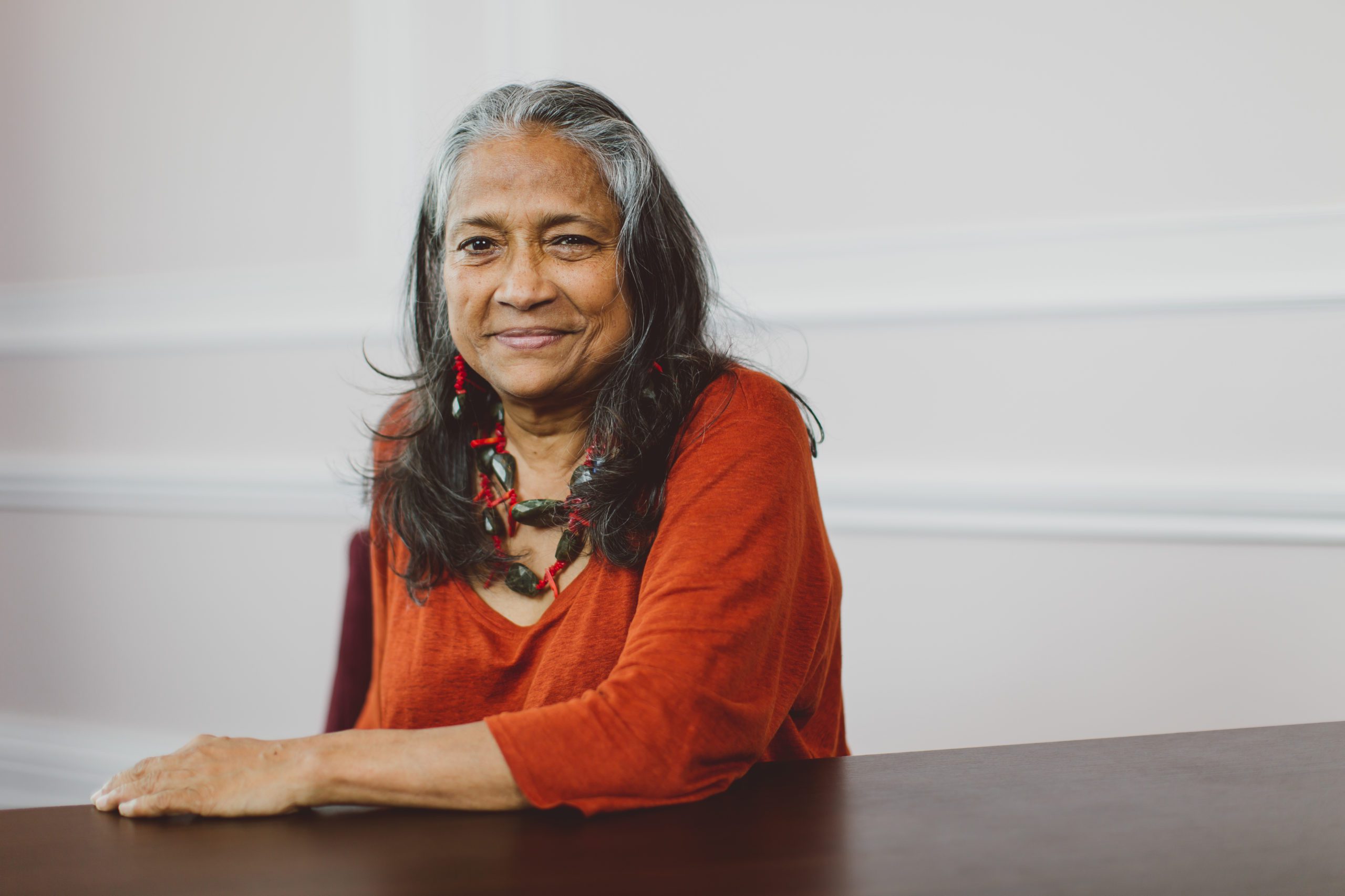
Naila Kabeer
Naila Kabeer is a joint Professor of Gender and International Development in the Departments of International Development and Gender Studies at the London School of Economics and Political Science. She has extensive experience in research, teaching, and training concerning gender, poverty, labor markets, livelihoods, social protection, and collective action. Books and reports on these topics include Mainstreaming Gender and Social Protection in the Informal Economy (Commonwealth Secretariat/Routledge), Gender, livelihood capabilities and women’s economic empowerment: reviewing evidence over the life course (Overseas Development Institute), and Organizing women in the informal economy: beyond the weapons of the weak (Zed Press).
She has also done advisory work for a number of bilateral and multilateral organizations, including UNDP, World Bank, UN Women, DFID, SIDA, NORAD, and Oxfam, UK.
Publications: Between Affiliation and Autonomy: Navigating Pathways of Women’s Empowerment and Gender Justice in Rural Bangladesh; Economic Pathways to Women’s Empowerment and Active Citizenship: What Does the Evidence from Bangladesh Tell Us?
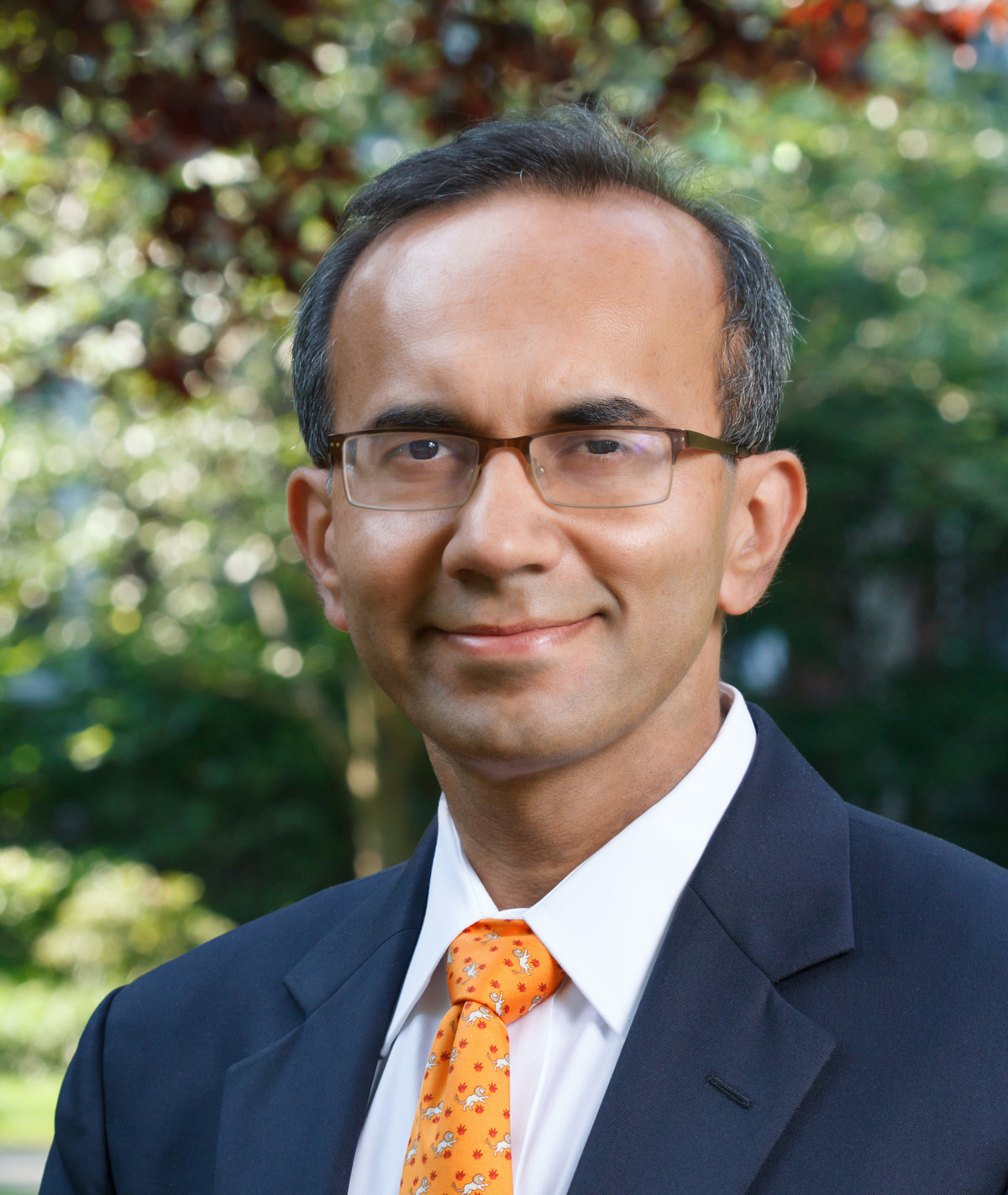
Tarun Khanna
Tarun Khanna is the Jorge Paulo Lemann Professor at Harvard where he has taught at HBS and at Harvard College for 25 years, focusing on the role of entrepreneurs in developing countries. He is the first director of Harvard’s Lakshmi Mittal and Family South Asia Institute, a university-wide endeavor that brings together natural and social scientists with artists and humanists in joint academic pursuits. His latest book, Trust, and his earlier Billions of Entrepreneurs, chronicle creative ventures in China, India, and beyond.
He also co-authored Winning in Emerging Markets, a framework for building world-class enterprises in emerging markets. A related free online course on the edX platform, Entrepreneurship in Emerging Economies has been taken by ~600,000 students across 200 countries. He is the co-founder and board member of several commercial and non-profit ventures across emerging markets. Since 2015, he has been appointed to several national commissions by the Government of India on issues related to entrepreneurship and higher education.
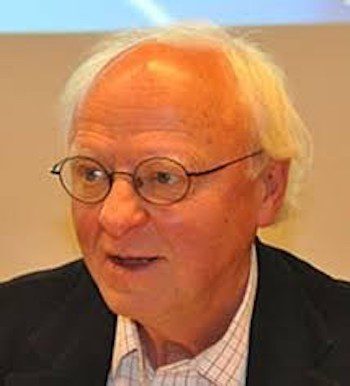
Borje Ljunggren
Ambassador Börje Ljunggren has devoted his professional life to Asia. In 1970 he joined the Swedish International Development Agency (Sida) as a regional economist for Asia. He aided in designing a development cooperation program supporting newly independent Bangladesh, making his first visit to Dhaka in February 1972. The following year he was assigned to open a Sida office in Bangladesh, serving there until mid-1975. In the mid-1980s, he was put in charge of Sida’s operations in Asia and became the agency’s Deputy Director-General, making frequent visits to Bangladesh.
Börje Ljunggren later became Swedish ambassador to Vietnam, Head of the Asia Department of the Swedish Ministry for Foreign Affairs, and Swedish ambassador to China (2002-06). Currently, Ambassador Ljunggren is an Associate of the Asia Center at Harvard University and the Swedish Institute of International Affairs. He holds a Ph.D. in political science and has written extensively on China. At present, he is co-editing a book on contemporary Vietnam.
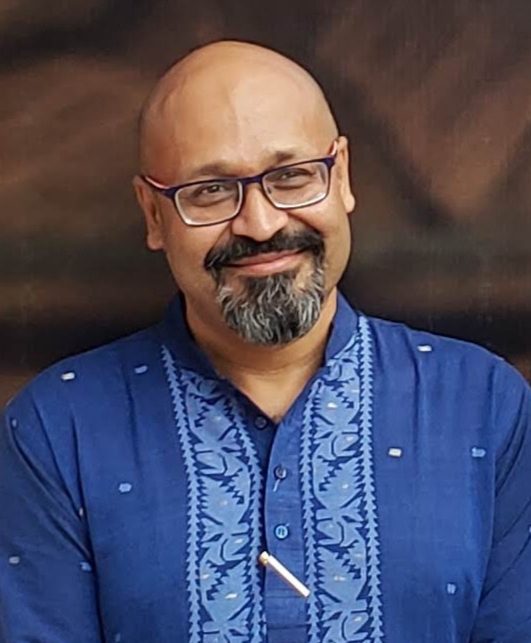
Imran Matin
Dr. Imran Matin is the Executive Director of BRAC Institute of Governance and Development (BIGD), a research and post-graduate education institute at BRAC University. BIGD focuses on generating high-quality evidence and insights based on field research on governance and development challenges and interventions. Prior to his current role, he worked with BRAC, Save the Children International, and Innovations for Poverty Action. Dr. Matin holds a Ph.D. in Economics from the University of Sussex, UK.
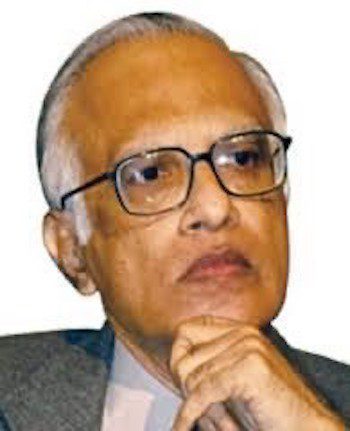
Wahiduddin Mahmud
Wahiduddin Mahmud (Ph.D., Cambridge University) retired as a professor of economics at the University of Dhaka. He has authored and edited books: Adjustment and Beyond: The Reform Experience in South Asia (Macmillan Palgrave); Handbook on the South Asian Economies (Edward Elgar); Seasonal Hunger and Public Policies (World Bank); The Theory and Practice of Microcredit (Routledge). He has led the economic advisory panels for the four successive Five Year Plans and the Perspective Plan of the Government of Bangladesh.
Publications: Pathways to human development: Explaining the Bangladesh surprise
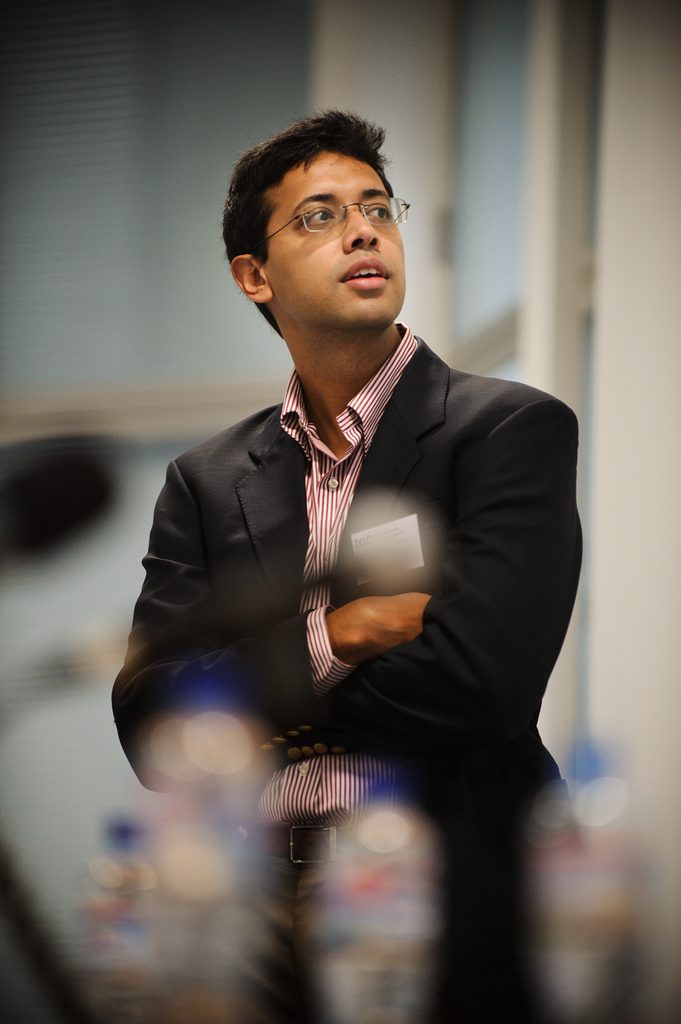
Ahmed Mushfiq Mobarak
Ahmed Mushfiq Mobarak is a Professor of Economics at Yale University with concurrent appointments in the School of Management and the Department of Economics.
Mobarak is the founder and faculty director of the Yale Research Initiative on Innovation and Scale (Y-RISE). He holds other appointments at Innovations for Poverty Action, the Jameel Poverty Action Lab (J-PAL) at MIT, the International Growth Centre (IGC) at LSE.
Mobarak has several ongoing research projects in Bangladesh, Brazil, Chile, Kenya, Malawi, and Sierra Leone. He conducts field experiments exploring ways to induce people in developing countries to adopt technologies or behaviors that are likely to improve welfare. He also examines the complexities of scaling up development interventions that are proven effective in such trials. For example, he is scaling and testing strategies to address seasonal poverty using migration subsidies or consumption loans in Bangladesh, Nepal, and Indonesia. His research has been published in journals across disciplines, including Econometrica, Science, The Review of Economic Studies, the American Political Science Review, Proceedings of the National Academy of Sciences, and Demography, and covered by the New York Times, The Economist, Science, NPR, BBC, Wall Street Journal, the Times of London, and other media outlets around the world. He received a Carnegie Fellowship in 2017.
Mobarak is collaborating with the government of Bangladesh, NGOs and think-tanks such as BRAC and BIGD, the major Bangladeshi telecom providers, Innovations for Poverty Action, UNDP, other economists, epidemiologists, computer scientists, and public health researchers to devise evidence-based COVID response strategies for Bangladesh and other developing countries. The approach and results have been covered by BBC, Foreign Policy, New York Times, Washington Post, Vox, and media in India, Pakistan, Bangladesh, Nigeria, Austria, Sweden, Denmark, among others. The work is supported by the Bill and Melinda Gates Foundation, Givewell.org, the Global Innovation Fund, and Yale Macmillan Center.
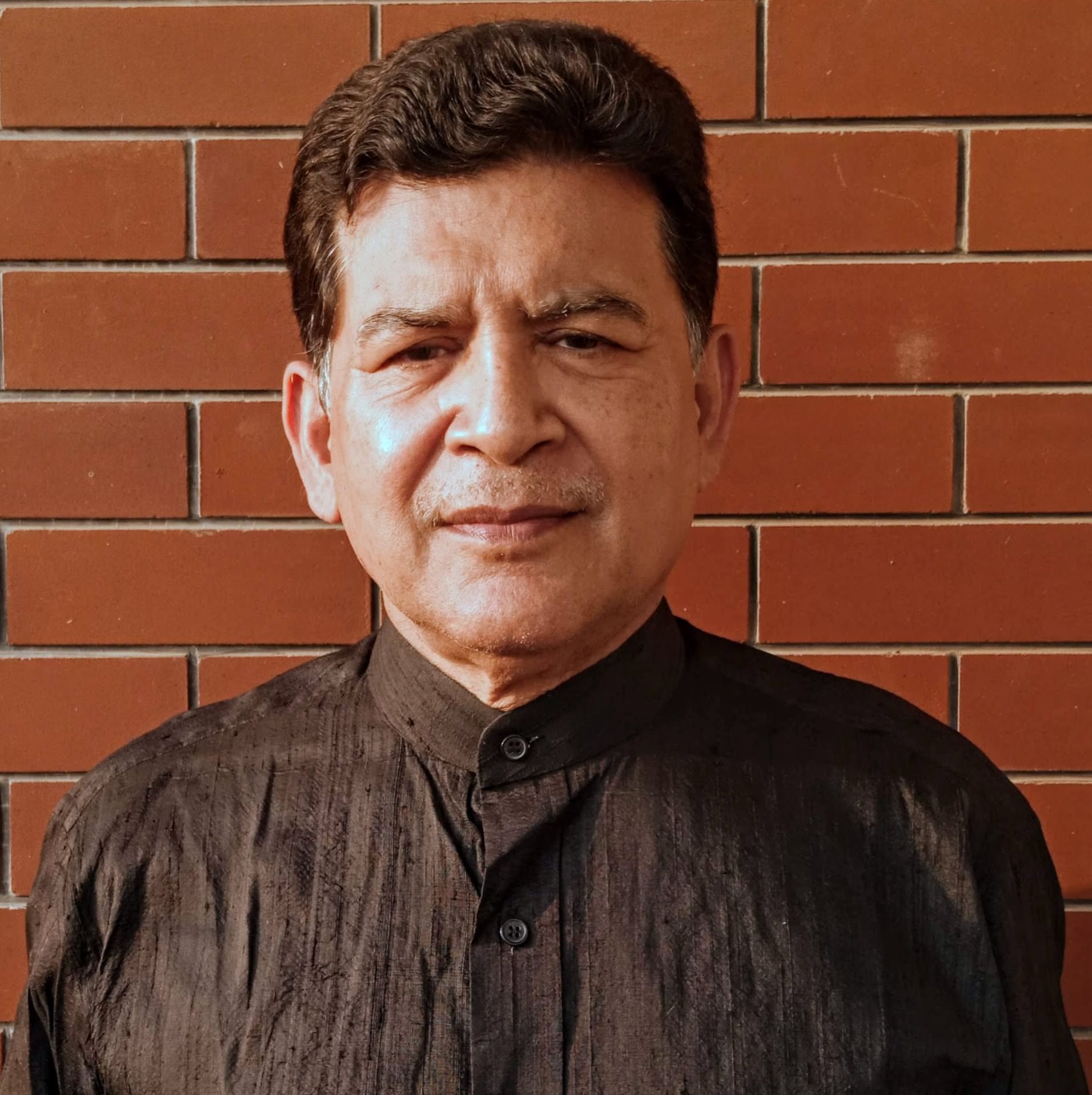
Hossain Zillur Rahman
Combining degrees in Economics and Political Sociology, Hossain Zillur Rahman is the Founder-Chair of the Dhaka-based Power and Participation Research Centre (PPRC). He was a member of the Independent South Asian Commission on Poverty Alleviation. Dr. Rahman was Advisor (Cabinet Minister) for Ministries of Commerce and Education in the Caretaker Government of Bangladesh (2007-08). Since 2019, he has been Chairperson, BRAC Bangladesh Governing Body.
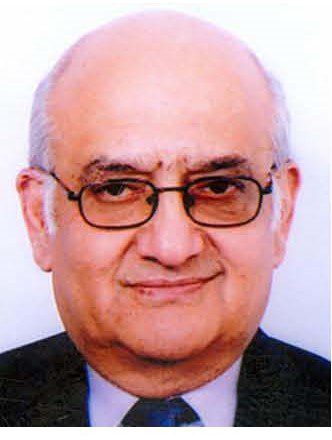
Rehman Sobhan
Professor Rehman Sobhan is Chairman of the Centre for Policy Dialogue (CPD). He served as a Professor of Economics, Dhaka University, Member, Bangladesh Planning Commission, Director General, Bangladesh Institute of Development Studies, Founder and Executive Chairman, CPD, and Executive Director, South Asia Centre for Policy Studies (SACEPS). In 1991 he served as a member of the first Caretaker government headed by President Shahabuddin Ahmed. He was actively associated with the Bengali nationalist movement in the 1960s and the Bangladesh liberation struggle in 1971 and was awarded the Shadinata Purushker, the nation’s highest civilian award.
He has published extensively on subjects relating to the political economy of development, foreign aid, petropolitics, agrarian reform, regional cooperation in South Asia, democracy, and governance. His most recent publications include: Challenging the Injustice of Poverty: Agendas for Inclusive Development in South Asia (Sage) and Untranquil Recollections: The Years of Fulfilment (Sage). The second volume of his memoirs, Untranquil Recollections: Nation Building in Post-Liberation Bangladesh is under publication by Sage.
Publication: Bangladesh at 50: Development and Challenges

Umama Zillur
Umama Zillur is a feminist activist and researcher at the Dhaka-based Power and Participation Research Centre focusing on frontier research on urban dynamics through a gender lens. She is the founder and director of Kotha, a feminist organization tackling the culture of gender-based violence in Bangladesh through education based primary interventions. Kotha has been playing a critical role in popularizing root cause solutions such as comprehensive sex ed to tackle Bangladesh’s rape culture. Umama is a founding member of the Feminists Across Generations Alliance, which has been building bridges between leading women’s rights champions and emerging activists.
